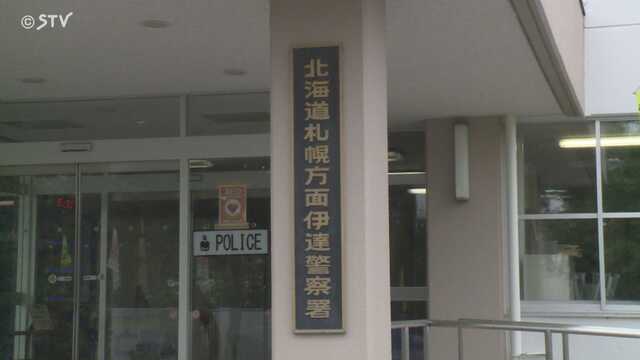The man is suspected of conspiring with an accomplice to steal 10,000 yen in cash from the wallet inside a shoulder bag belonging to a 53-year-old man from Date City at a hospital in Tōyako Town, Asahi-cho, around 10:00 AM on October 17.
The victim was a patient at the hospital and was undergoing medical treatment at the time of the incident. The cash was stolen while he was away from his belongings.
The man noticed that his cash was missing when settling accounts, and hospital staff reported the incident to the police.
Although the suspect and the victim were not acquainted, the suspect’s involvement came to light because there were only a limited number of people in the hospital at the time.
Additionally, the man committed the crime in collaboration with another person, and a woman believed to be his accomplice has already been questioned.
During questioning, the man admitted to the allegations, stating, “There is no mistake.”
Police are investigating the motive for the crime and the reason the man visited the hospital.
Tōyako Town
Tōyako Town is a scenic resort area in Hokkaido, Japan, centered around the volcanic caldera lake Lake Tōya. It is part of the Shikotsu-Tōya National Park and is renowned for its hot springs and the iconic, still-active volcano Mount Usu, which last erupted in 2000. The region’s history is deeply shaped by these volcanic forces, with major eruptions in the 20th century creating new geological formations that are now major tourist attractions.
Date City
Date City is a municipality located in Fukushima Prefecture, Japan, formed in 2006 through the merger of several towns. The area has a long history, with its name believed to derive from the Date Clan, a powerful samurai family that ruled the region for centuries beginning in the Kamakura period. Today, it is known for its agricultural production and its proximity to historical sites related to the Date samurai.
Asahi-cho
Asahi-cho is a common place name found in many Japanese cities, typically referring to a district or neighborhood. The name “Asahi” (朝日) itself means “morning sun,” a name often given to symbolize a new beginning or prosperity. Without a specific city context, it is difficult to provide a distinct history, as each Asahi-cho would have its own local development, often evolving from a post-war administrative reorganization or earlier town merger.






